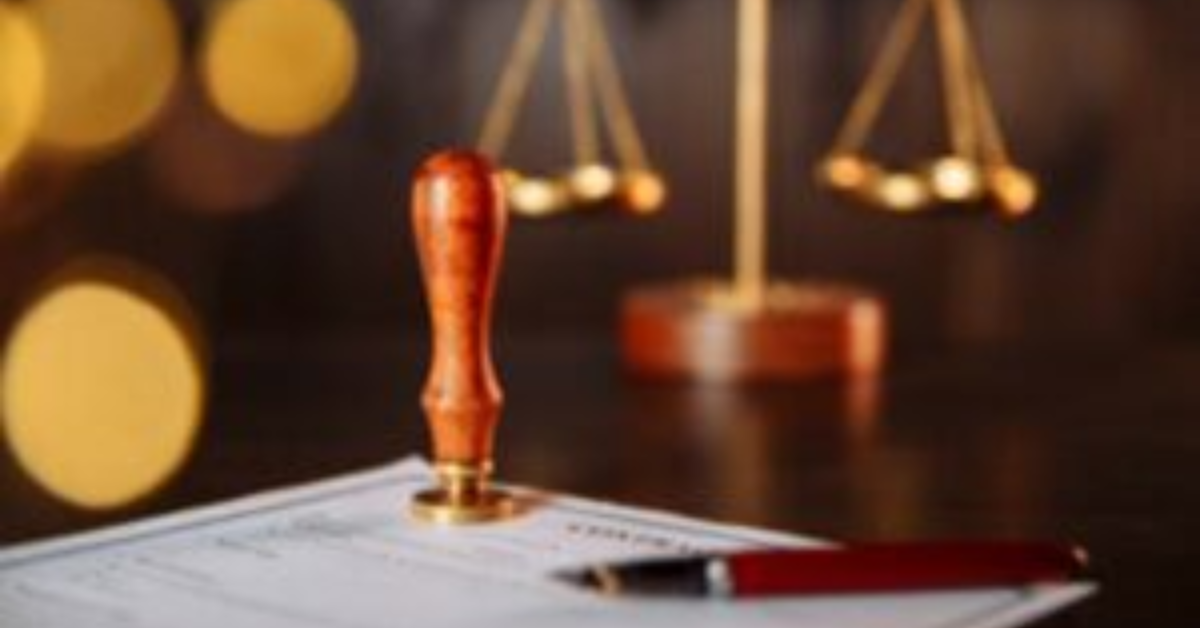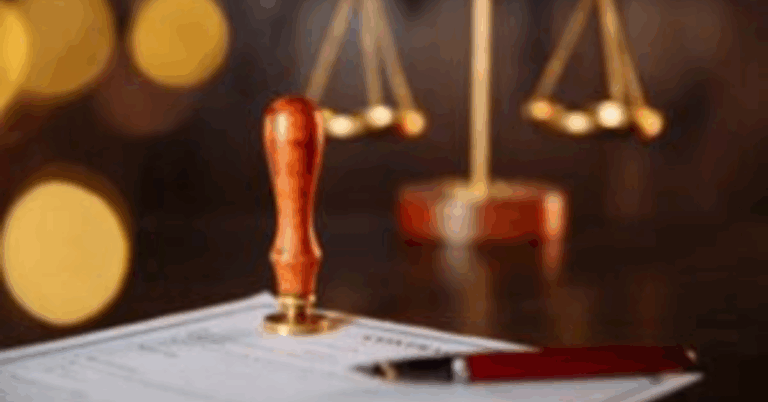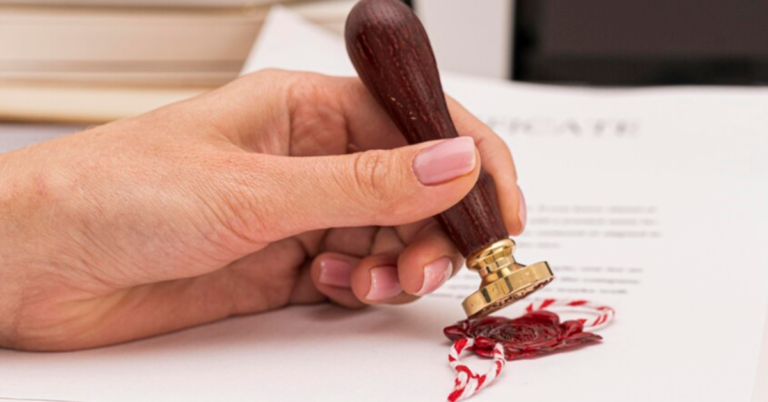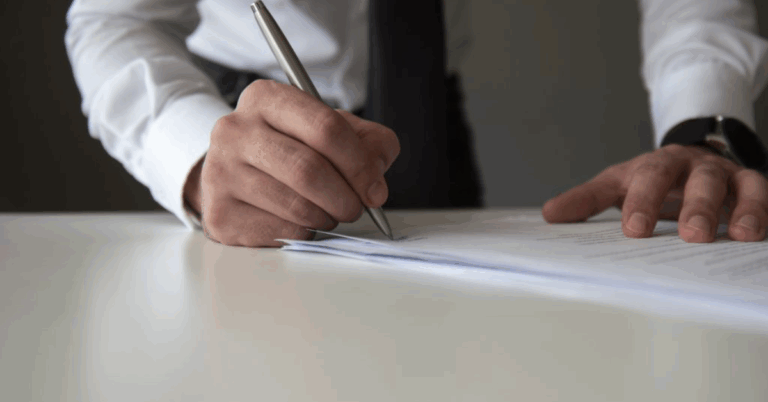Why Are Process Server Business Cards Essential for Building Trust and Credibility?
Process servers are responsible for delivering legal documents to individuals involved in court proceedings, ensuring they are officially notified of legal action. These documents might include subpoenas, summonses, complaints, or court orders. Because the role is tied to the legal industry, process servers must present themselves as trustworthy and professional. A crucial part of that image is a well-crafted business card. Process Server Business Cards do more than share contact information—they reflect the quality of service you provide and help establish your credibility in a highly detail-oriented field.
How Can Business Cards Influence First Impressions?
In legal services, professionalism is everything. A sleek and well-designed business card instantly sets the tone in any interaction. When you present a client, lawyer, or office manager with a high-quality card, it suggests you take your role seriously and value communication. On the other hand, not offering a card, or handing over one that looks sloppy or outdated, can raise doubts about your reliability. Business cards are often the first impression people have of your business, and you only get one chance to make that count.
Why Do Business Cards Still Matter in Today’s Digital World?
Although smartphones and digital platforms dominate today’s communication landscape, physical business cards remain irreplaceable in certain industries—especially in legal services. They don’t require internet, apps, or tech literacy, making them more accessible during face-to-face interactions. A process server may interact with a range of clients, from tech-savvy attorneys to elderly individuals who prefer traditional methods. A physical card ensures your information is accessible and memorable, without any digital hurdles.
What Details Should Be on a Process Server’s Business Card?
The content on your business card should be clear, accurate, and targeted. At minimum, include your name, title (e.g., Licensed Process Server), business or agency name, contact number, email, and city or region of operation. Adding your website can guide clients to more details about your services. Some professionals also include a brief tagline, like “Reliable Legal Document Delivery” or “Fast and Confidential Service.” It’s also helpful to mention any specialized offerings such as same-day service, document filing, or skip tracing, but be concise.
How Should a Process Server’s Business Card Be Designed?
Design communicates your brand just as much as words do. In legal professions, simple, clean, and professional designs are most effective. Stick with fonts that are easy to read and choose a neutral or classic color scheme—such as navy, black, gray, and white—to evoke trust and reliability. Your logo, if you have one, should be included prominently. Avoid bright colors or cluttered layouts. A business card that’s hard to read won’t help you land more clients. Keep it elegant and focused.
What Are the Best Materials and Finishing Options for Business Cards?
The physical quality of your card can say a lot about your services. A thick cardstock offers a sturdy and professional feel. Matte finishes provide a modern and smooth touch, while gloss finishes give a polished look and are slightly more durable. Embossed logos or foil-stamped text can add a premium feel, especially if you’re targeting law firms and high-value clients. The goal is to make your card feel as reliable as the service you offer—durable, clean, and impressive.
When Should Process Servers Distribute Business Cards?
Your business card should be within reach at all times. Ideal moments to hand it out include meetings with attorneys, visits to legal offices, delivery of court documents, or networking events. Keep extras in your vehicle, briefcase, and wallet. Attach a card to any documentation you serve, or include one with invoices and thank-you notes. Every interaction with a potential client or contact is an opportunity to grow your network, and your business card is a key part of that strategy.
How Do Business Cards Help Strengthen Local Connections?
Local networking is often the backbone of a successful process serving business. Business cards allow you to stay visible in your community by being present in the offices of attorneys, paralegals, and legal clerks. Law firms often need a reliable go-to for service of process, especially under tight deadlines. Having your business card on hand in the right office at the right time can lead to recurring work and trusted partnerships. It’s a simple but powerful way to stay top-of-mind in your service area.
Can Customized Business Cards Target Different Audiences?
Yes, customizing business cards for various types of clients can be very effective. For instance, one version of your card might highlight your services for attorneys, while another focuses on solutions for individuals needing personal legal document delivery. You can also include QR codes that link directly to your booking form or client login portal. Tailoring your card’s message to fit your target audience demonstrates professionalism and a client-centered approach.
How Do Business Cards Boost Brand Awareness?
Consistent branding helps create recognition and trust. Your business card should match your other marketing materials, including your website, invoices, and uniforms if you use them. A consistent design, logo, and color scheme helps people associate your brand with a certain standard of service. Over time, clients and legal professionals will come to recognize and remember your business through visual cues, leading to stronger relationships and more referrals.
How Do Business Cards Compare to Digital Outreach?
While digital marketing strategies like SEO and social media help attract new leads, business cards serve a more direct and personal purpose. They reinforce your online presence with an offline connection. Business cards are inexpensive, easy to distribute, and don’t depend on technology to be effective. They also act as long-term reminders—someone might find your card months after meeting you and decide to reach out. When used alongside digital methods, business cards become a powerful part of your marketing toolkit.
What Mistakes Should Be Avoided When Creating Business Cards?
Avoid cramming too much information onto your card—leave space so the important details stand out. Use a professional font and high-quality printing to avoid looking amateurish. Make sure all contact information is accurate and current, and double-check spelling before printing. Don’t use cheap paper stock or low-resolution logos, as they send the wrong message. Your business card should reflect the quality and reliability of your service, so don’t cut corners in its creation.
How Can Process Servers Use Business Cards Strategically?
To get the most from your business cards, treat them as part of your overall marketing and client engagement strategy. Hand them out with confidence, follow up with contacts, and consider using them alongside promotional materials like brochures or service menus. Keep a record of where and to whom you’ve distributed your cards, and evaluate which environments bring the best return. Whether you’re attending legal industry events or making daily deliveries, your cards should always be within arm’s reach.
Final Thoughts: Do Process Server Business Cards Truly Make a Difference?
Yes, without a doubt. In a profession built on reliability, punctuality, and confidentiality, process server business cards help convey trust, build relationships, and expand your reach. They’re affordable, easy to produce, and highly effective in making lasting impressions. Whether you’re meeting new clients, visiting court offices, or attending legal events, a quality business card positions you as a professional who is ready and capable. For any process server serious about growth and visibility, business cards remain an essential tool in the marketing arsenal.







